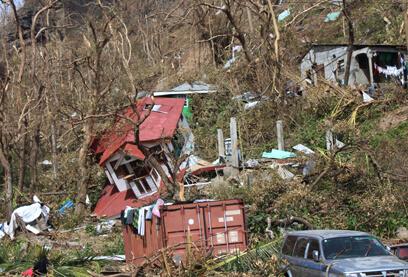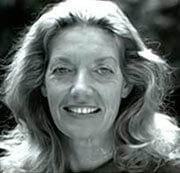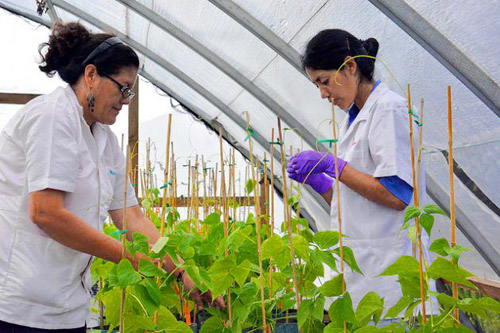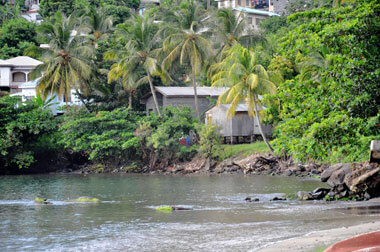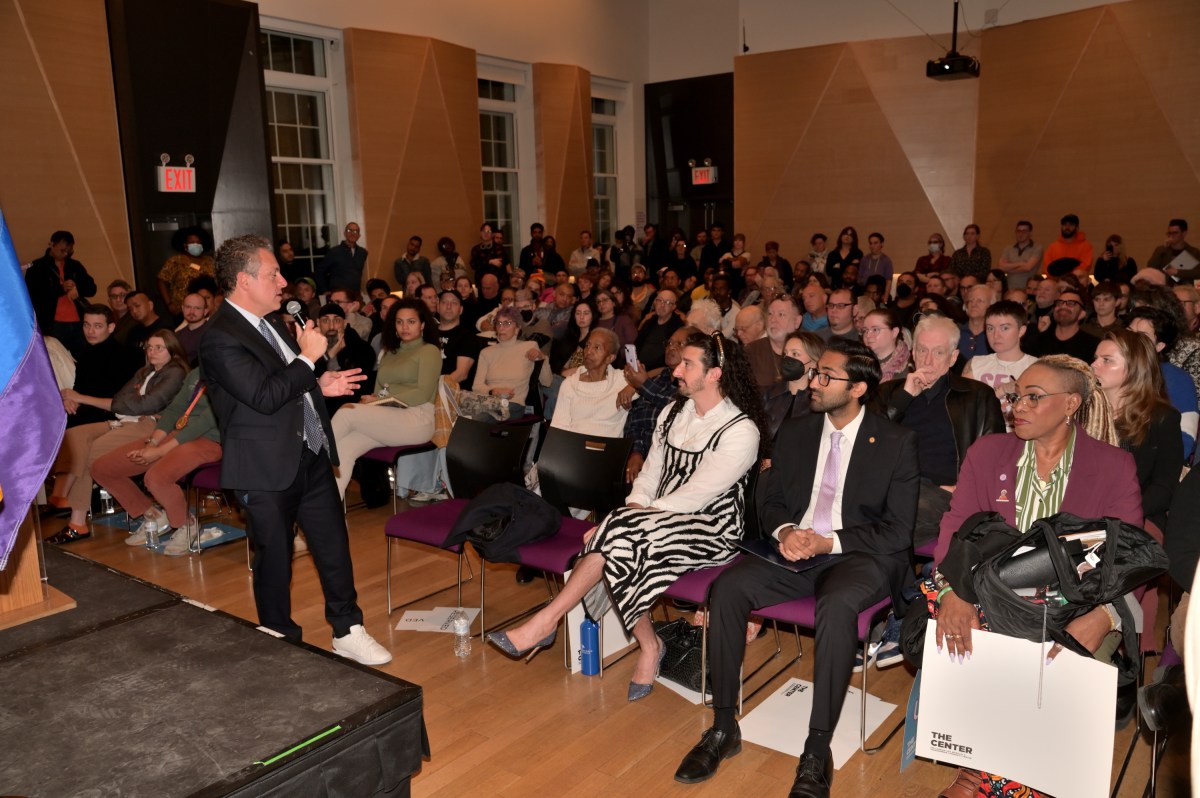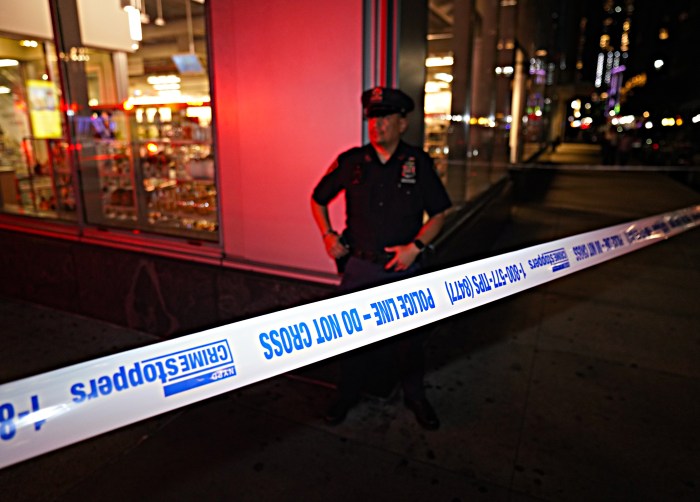Declaring that he has come “straight from the front line of the war on climate change,” Dominica Prime Minister Roosevelt Skerrit on Saturday, Sept. 23, 2017 called for urgent action in addressing the issue, as his country reels from the devastation caused earlier this week by Hurricane Maria.
“With physical and emotional difficulty, I have left my bleeding nation to be with you here today, because these are the moments for which the United Nations exists,” said Skerrit in passionately addressing the 72nd Session of the United Nations General Assembly Debate.
“Mr. President, my fellow leaders, there is no more time for conversation. There is little time left for action. While the big countries talk, the small island nations suffer. We need action, and we need it now!” he demanded. “We in the Caribbean do not produce greenhouse gases or sulphate aerosols. We do not pollute or overfish our oceans. We have made no contribution to global warming that can move the needle. But yet, we are among the main victims — on the frontline.
“In the Commonwealth of Dominica, we have long pursued and respected an existence that preserves our Little Eden. The Mome Trois Pitons has been a national park for 40 years and a UNESCO World Heritage Site for 20,” he added. “Our livelihoods are part of our ecosystem. This is how my people and my country earn and survive.
“But what is our reality at this moment? Pure devastation, as Dominicans bear the brunt of climate change.
“I repeat, we are shouldering the consequences of the actions of others — actions that endanger our very existence and all for the enrichment of a few elsewhere,” continued the Dominica Prime Minister. “We dug graves today in Dominica! We buried loved ones yesterday; and, I am sure that as I return home tomorrow, we shall discover additional fatalities, as a consequence of this encounter.
“Our homes are flattened, our buildings roofless, our water pipes smashed, and road infrastructure destroyed,” Skerrit said. “Our hospital is without power, and schools have disappeared beneath the rubble. Our crops are uprooted. Where there was green, there is now only dust and dirt. The desolation is beyond imagination.”
He said that “the stars have fallen, Eden is broken,” and that Dominica is asking to the United Nations to declare an international humanitarian emergency — “one that is centered in Dominica but also encompasses many of our neighbors, including our sister isle, Antigua, which had to evacuate its citizens from Barbuda.”
The prime minister said Dominicans have been responsible members of the global community, and have co-joined all of the major international battles — from the abolition of forced labor to the protection of patents.
Yet, today, he said 72,000 Dominicans “lie on the front line in a war they did not choose, with extensive casualties from a war that they did not start.”
He, therefore, said the time had come for the international community to “make a stand and to decide whether it will be shoulder to shoulder with those suffering the ravages of climate change worldwide; whether we can mitigate the consequences of unprecedented increases in sea temperatures and levels; whether to help us rebuild sustainable livelihoods, or whether the international community will merely show some pity now and then flee, relieved to know that this time it was not you.”
Skerrit said the small nations of the world need to know who their real friends are — who have their backs.
He, however, said not all countries are sitting as inactive bystanders, adding that some of their traditional friends are playing their part.
The United Arab Emirates (UAE), he said for example, has risen to the challenge, commending Sheik Mohamed A1 Maktoom of UAE for his announcement in this year of Zayed to boost the theme of giving by “delivering even more goodness to all parts of the world.
“Today, we invite nations of similar might to follow the lead of the United Arab Emirates,” he said.
Skerrit said the success of the C0P21 in Paris is “a demonstration of the collective political will of member states to take action to combat climate change.”
“One year on, the call for urgent action is even greater if we are to curtail the impact of climate change on us and future generations,” he said. “We need all of humanity, all countries – big and small – developed and developing to come together to save our planet,” he said. “We must all live up to our obligations and commitments to do more. Inaction, and even inadequate action, destroys lives.”
Skerrit lauded the Green Climate Fund that was created to assist in putting mitigation measures in place and to assist the victims of climate change.
But he said much more must be done to assist seven countries that “continue to bear the brunt of the impact of climate change.”
He noted that the World Bank established the Caribbean Catastrophe Risk Insurance Facility to assist counries that have been impacted by natural disasters.
But though helpful, Skerrit said the amounts are “usually grossly inadequate to rebuild infrastructure and to maintain the gains and progress made in economic and social development after the likes of Hurricanes Maria and Irma, or even in the case of a Tropical Storm such as Erika that occurred two years ago.
“Substantially more funds must, therefore, be made available to vulnerable countries for loss and damage such that they may mitigate the risks associated with future incidents,” he said, calling for the recapitalization of the World Bank facility for greater coverage by using already committed funds from the Green Climate Fund.
“This would allow our countries to focus on improving the lives of our people and support the attainment of the Sustainable Development Goals [of the United Nations],) he added. “It would allow us to rebuild our nation — not as it was but in a manner that is far more capable to meet the realities of rising sea levels and warmer oceans.
“Not to do so, Mr. President, would be to abandon those who have paid a steep price for what others elsewhere have created,” he warned. “It would be to let 72,000 Dominicans shoulder the world’s conscience on climate change on their own.
“Today, we ask you not to express your sympathies this week, but then hope our eyes do not meet next week,” he added. “Let these extraordinary events, elicit extraordinary efforts, to rebuild nations sustainably. Let these extraordinary events unleash the innovation and creativity of global citizens to spark a new paradigm of green economic development that stabilizes and reverses the consequences of human-induced global warming.
“Let it spark a thousand points of light — not shame,” Skerrit continued. “Let us take serious action against the realities of climate change. And I promise you, Mr. President, that Dominicans and other Caribbean citizens will play our part.
“We are in shock, but we are not stooped,” he proclaimed. “We cry, but do not despair. We will rise, because Dominican people are strong, because Caribbean people are resilient. We will rebuild our Garden of Eden again — for our children and for future generations.”
As a result of Tropical Storm Erika in 2015, Skerrit said Dominica committed to creating a National Vulnerability Risk and Resilience Fund to improve the ability of his government to respond to the impact of natural disasters.
He said, however, that the facility has not yet been capitalized, intending to place funds from its own treasury on an annual basis.
But, he said his island’s capacity to earn has now been significantly compromised “even before we have gotten it off the ground.
“Today, we need all the things required in a natural disaster that has affected an entire nation,” the Dominican leader said. “We need water, food and emergency shelter. We need roads, bridges and new infrastructure. But we also need capabilities of delivery.
“I call upon those with substantial military capacities to lend us the rescue and rebuilding equipment that may be standing idle waiting for a war,” he urged. “Let Dominica today be that war because, currently, our landscape reflects a zone of war.
“The battle we face has brought us to our knees,” Skerrit said. “We need resources now, so that we may move with purpose to the task of rebuilding our beautiful island home.
“We will need to rebuild homes and villages. We will need to rebuild communities, schools, roads and bridges. We will need to rebuild a country, and we cannot do it alone,” he added. Above all else, Mr. President and members of this august body, we need you. We need your humanity, and we need you now to act truly as our United Nations.”



